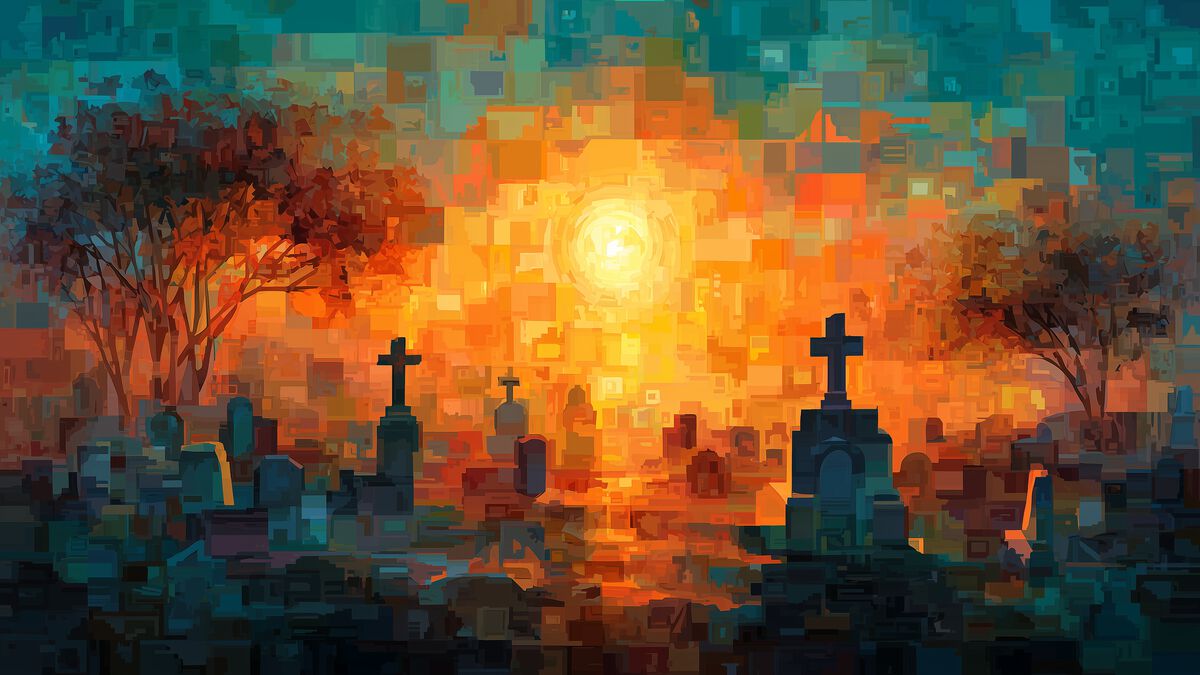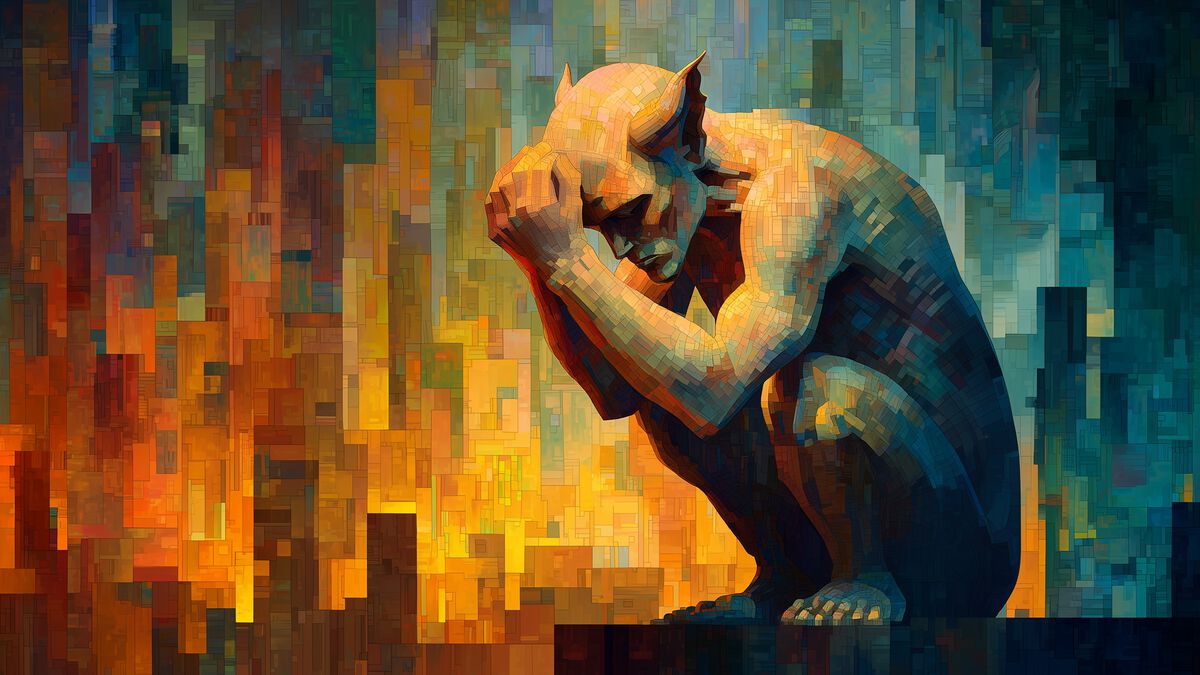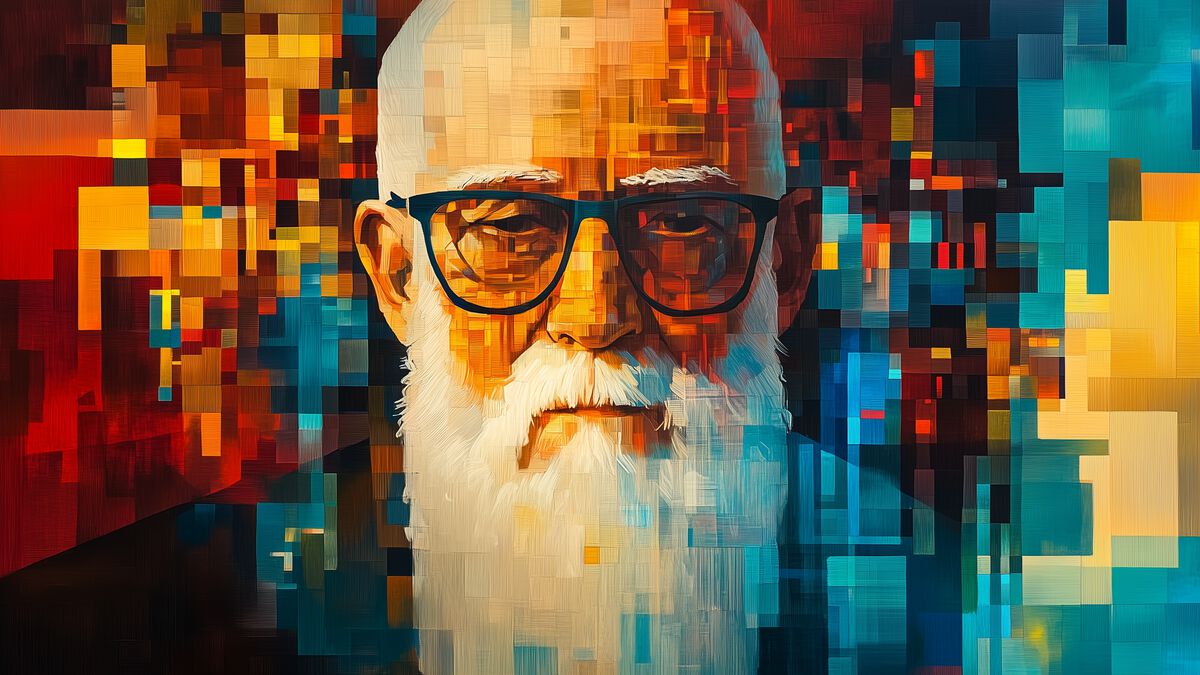We Should Resurrect the Dead
Lincoln Cannon
1 November 2009 (updated 3 January 2026)
In Sunday School today, we discussed Mormon ideas and doctrines related to the salvation of the dead. The focus, as usual, was on the contemporary practice of performing religious rituals, such as baptisms, on behalf of dead persons (by proxy, with no corpses involved, of course). The primary value I see in these ideas is that of near term practical consequence for the persons performing the rituals, which tend to open hearts and minds toward expectations of universal salvation, and consequently affect the Mormon community with a more charitable attitude towards persons with different backgrounds.
During such discussions, my thoughts and interest almost always move quickly beyond near term benefits to hope for long term benefits. Will these practices move us, as a people, to support and engage in the work of combating aging? When those lessons are learned, will the doctrines further move us to support and engage in the work of resurrecting the dead?
Crazy? Maybe. Yet I wonder, and aspire.
Is there a hard limit to the historians’ project? To the medical doctors’ oath? To the engineers’ capacity?
If not, what are the consequences of these endeavors, taken persistently and indefinitely forward? Is death absolute? Shall we worship that superlative?
Blasphemous? Certainly, for those who worship death. Yet, for those whose God is that of life and the power of love, we hear the call to take on the identity of Christ in every way possible, which is, as Paul the Apostle put it, the great mystery hidden from ages. We are called to be joint heirs in that glory.
The Spirit whispers that we are children of God, and must, as all other Gods before us, learn how to be Gods ourselves. That is the esthetic. We should resurrect the dead.



